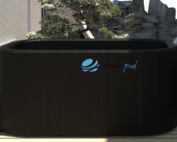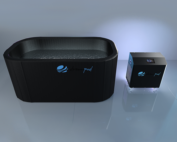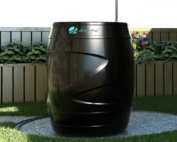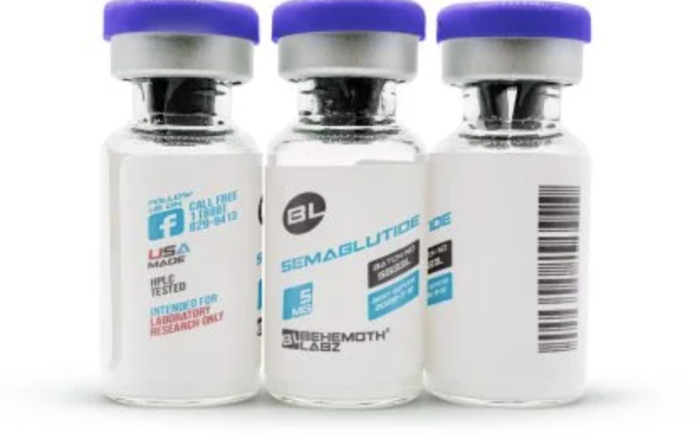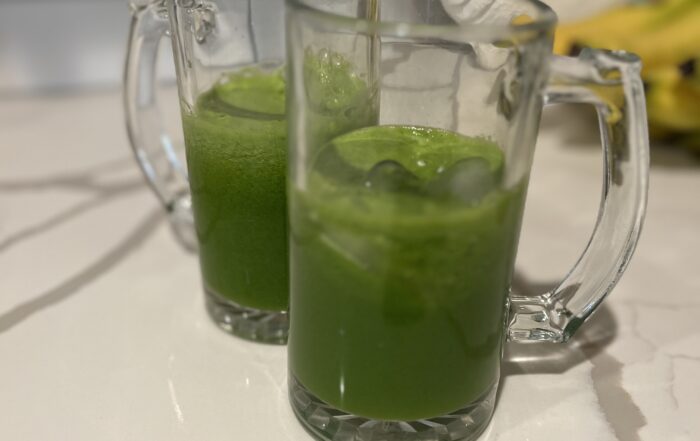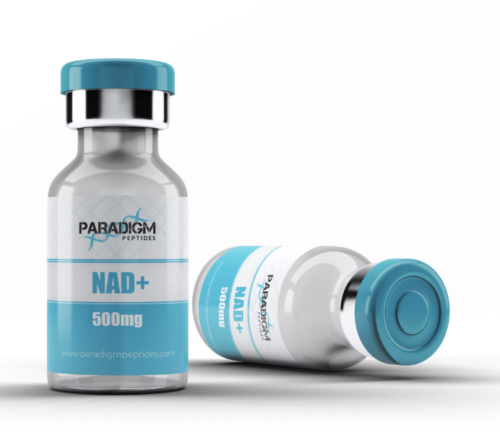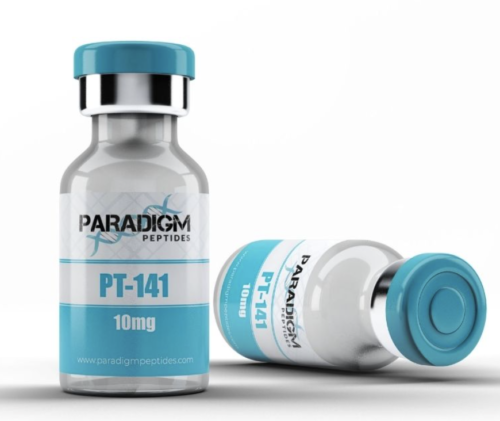**This page is under construction**
We will have this up and going for your enjoyment ASAP!
Thank you for your understanding.
What happens when we age?
1) First step is nuclear DNA damage
2) Next is signal transduction – the cell not being able to transmit the correct information
3) Mitochondrial dysfunction – the mitochondria is the powerhouse of the cell
4) When the mitochondria are not functioning properly, this is the causation of neurodegeneration, cancer, and aging
Causes of aging
- Every time a cell divides, the telomeres get shorter
- Loss of information in the epi-genome
- Most important factor is maintaining the information in the cell
- Decline of NAD+ and SIRT1 as we age
Breakthroughs with Mice
Proven ways to make a mouse live longer (by activating the longevity genes)
- Reducing the amount of time that it eats (Intermittent fasting)
- Keeping it cool (cryotherapy) or keeping it hot (sauna)
- Reducing the amount of time that it eats (Intermittent fasting)
- Restricting it’s amino acid intake
**The mice in this experiment didn’t get as much diabetes or heart disease compared to the control group
Longevity Genes
- AMPK (AMP – activated protein kinase) – Senses how much energy we are taking in, mostly in the form of sugar
- mTOR (mammalian target of rapamycin) – Respond & control how much amino acids we are taking in
- Sirtuins (SIR – Silent Information Regulator) – These control the information in the cell
Sirtuins can be chemically activated by:
- -NAD (MIB-626)
- -Resveratrol
- -MUFA’s (Mono Unsaturated Fatty Acids) such as Olive oil, Avocados, Nuts
Activating these genes will help with health, fitness, and longevity
What is Hormesis?
Hormesis is any process in a cell or organism that exhibits a biphasic response to exposure to increasing amounts of a substance or condition.
Within the hormetic zone, there is generally a favorable biological response to low exposures to toxins and other stressors.
Forms of Hormesis
- HIIT (High Intensity interval Training)
- Fasting
- Sauna or Ice bath (cryotherapy)
- Low Amino Acids – dont have so much meat / have plant based diet
- Xenohormetins (stressed out foods)
Tips & Tricks
HIIT (High-Intensity Interval Training) is a type of exercise that involves short bursts of intense exercise followed by periods of rest or low-intensity exercise. Research has shown that HIIT can have a range of anti-aging effects, including improving cardiovascular health, reducing inflammation, and promoting cellular regeneration.
One of the key ways in which HIIT helps with anti-aging is by promoting mitochondrial function. Mitochondria are the organelles responsible for producing energy within cells, and as we age, mitochondrial function declines, leading to a range of age-related conditions. HIIT has been shown to improve mitochondrial function by promoting the growth of new mitochondria and improving the efficiency of existing mitochondria.
In addition, HIIT can help to reduce inflammation, which is a key driver of the aging process. Studies have shown that HIIT can reduce levels of inflammatory markers in the blood, which can help to reduce the risk of age-related diseases such as cardiovascular disease, diabetes, and cancer.
HIIT also promotes cellular regeneration by stimulating the production of growth factors and hormones, such as testosterone and human growth hormone. These hormones play a crucial role in tissue repair and regeneration, which can help to slow down the aging process and improve overall health.
Overall, HIIT is a highly effective form of exercise for promoting anti-aging effects. It can help to improve cardiovascular health, reduce inflammation, and promote cellular regeneration, all of which can help to slow down the aging process and reduce the risk of age-related diseases.
Intermittent fasting is a type of eating pattern that involves alternating periods of fasting and eating. There are several ways to practice intermittent fasting, including the 16/8 method, where you fast for 16 hours and eat during an 8-hour window, and the 5:2 method, where you eat normally for 5 days and restrict calories to 500-600 for 2 days.
Research has shown that intermittent fasting can have a range of anti-aging effects, including improving cellular repair mechanisms, reducing inflammation, and improving metabolic health.
One of the key ways in which intermittent fasting helps with anti-aging is by promoting autophagy. Autophagy is a cellular process that involves the breakdown and recycling of damaged or dysfunctional proteins and organelles. This process is essential for maintaining cellular health and preventing age-related diseases. Intermittent fasting has been shown to promote autophagy, which can help to slow down the aging process and reduce the risk of age-related diseases.
Intermittent fasting can also help to reduce inflammation, which is a key driver of the aging process. Studies have shown that intermittent fasting can reduce levels of inflammatory markers in the blood, which can help to reduce the risk of age-related diseases such as cardiovascular disease, diabetes, and cancer.
In addition, intermittent fasting can improve metabolic health by reducing insulin resistance and improving glucose control. This can help to reduce the risk of type 2 diabetes and other metabolic disorders, which are associated with aging.
Overall, intermittent fasting is a powerful tool for promoting anti-aging effects. By promoting autophagy, reducing inflammation, and improving metabolic health, intermittent fasting can help to slow down the aging process and reduce the risk of age-related diseases.
Sauna
Sauna therapy has been used for centuries in many cultures for its potential health benefits, including anti-aging effects. Regular use of saunas hbeen shown to improve cardiovascular health, reduce inflammation, and improve cellular function, all of which can help to slow down the aging process.
One of the key ways in which saunas help with anti-aging is by promoting heat shock proteins (HSPs). HSPs are a group of proteins that are produced in response to stressors such as heat, and they play a crucial role in maintaining cellular homeostasis and preventing cellular damage. Regular use of saunas has been shown to increase levels of HSPs, which can help to protect against age-related cellular damage.
Saunas can also improve cardiovascular health by increasing blood flow and reducing blood pressure. This can help to improve the health of the heart and reduce the risk of cardiovascular disease, which is one of the leading causes of death worldwide.
In addition, saunas can help to reduce inflammation, which is a key driver of the aging process. Studies have shown that regular sauna use can reduce levels of inflammatory markers in the blood, which can help to reduce the risk of age-related diseases such as cardiovascular disease, diabetes, and cancer.
Saunas may also help to improve mitochondrial function by increasing the production of nitric oxide. Nitric oxide is a molecule that plays a crucial role in maintaining mitochondrial function, and increased production of nitric oxide has been associated with improved mitochondrial function and anti-aging effects.
Overall, regular use of saunas can have significant anti-aging effects by promoting HSPs, improving cardiovascular health, reducing inflammation, and improving mitochondrial function. However, it is important to note that sauna use may not be suitable for everyone, particularly those with certain health conditions such as cardiovascular disease or low blood pressure, so it is important to consult with a healthcare professional before using a sauna.
Cryotherapy
Cryotherapy is a type of therapy that involves exposing the body to extremely low temperatures for a short period of time. This therapy has been used for various health benefits, including anti-aging effects. Cryotherapy has been shown to have several potential benefits for improving skin health, reducing inflammation, and promoting cellular repair, which can all help to slow down the aging process.
One of the key ways in which cryotherapy helps with anti-aging is by reducing inflammation. Inflammation is a key driver of the aging process and has been linked to a range of age-related diseases, including cardiovascular disease, diabetes, and cancer. Cryotherapy can help to reduce inflammation by constricting blood vessels, which can decrease blood flow and reduce inflammation in the affected area.
Cryotherapy may also help to improve skin health by promoting collagen production. Collagen is a protein that plays a crucial role in skin health, and as we age, collagen production declines, leading to wrinkles and other signs of aging. Cryotherapy has been shown to increase collagen production, which can help to improve skin elasticity and reduce the appearance of fine lines and wrinkles.
In addition, cryotherapy can help to promote cellular repair and regeneration. Exposure to cold temperatures has been shown to stimulate the production of certain hormones and growth factors, which can help to promote cellular repair and regeneration, and potentially slow down the aging process.
Overall, cryotherapy has several potential benefits for anti-aging, including reducing inflammation, promoting collagen production, and promoting cellular repair and regeneration. However, more research is needed to fully understand the potential benefits and risks of this therapy for anti-aging purposes. It is important to consult with a healthcare professional before starting any new therapy, including cryotherapy.
Cryotherapy
Cryotherapy is a type of therapy that involves exposing the body to extremely low temperatures for a short period of time. This therapy has been used for various health benefits, including anti-aging effects. Cryotherapy has been shown to have several potential benefits for improving skin health, reducing inflammation, and promoting cellular repair, which can all help to slow down the aging process.
One of the key ways in which cryotherapy helps with anti-aging is by reducing inflammation. Inflammation is a key driver of the aging process and has been linked to a range of age-related diseases, including cardiovascular disease, diabetes, and cancer. Cryotherapy can help to reduce inflammation by constricting blood vessels, which can decrease blood flow and reduce inflammation in the affected area.
Cryotherapy may also help to improve skin health by promoting collagen production. Collagen is a protein that plays a crucial role in skin health, and as we age, collagen production declines, leading to wrinkles and other signs of aging. Cryotherapy has been shown to increase collagen production, which can help to improve skin elasticity and reduce the appearance of fine lines and wrinkles.
In addition, cryotherapy can help to promote cellular repair and regeneration. Exposure to cold temperatures has been shown to stimulate the production of certain hormones and growth factors, which can help to promote cellular repair and regeneration, and potentially slow down the aging process.
Overall, cryotherapy has several potential benefits for anti-aging, including reducing inflammation, promoting collagen production, and promoting cellular repair and regeneration. However, more research is needed to fully understand the potential benefits and risks of this therapy for anti-aging purposes. It is important to consult with a healthcare professional before starting any new therapy, including cryotherapy.
Supplements
NAD+ (nicotinamide adenine dinucleotide) is a coenzyme that plays an essential role in many biological processes, including energy metabolism, DNA repair, and gene expression. As we age, the levels of NAD+ in our bodies decline, which can lead to a range of age-related conditions, including reduced cellular function, inflammation, and DNA damage.
Studies have shown that boosting NAD+ levels in the body can have anti-aging effects. NAD+ supplementation has been shown to improve mitochondrial function, increase energy production, enhance DNA repair mechanisms, and reduce inflammation. All of these benefits can help to slow down the aging process and improve overall health and longevity.
In particular, NAD+ helps with anti-aging by activating certain enzymes called sirtuins. Sirtuins play a crucial role in regulating cellular metabolism and stress responses, and they are involved in a wide range of physiological processes, including aging, inflammation, and metabolism. By activating sirtuins, NAD+ can help to promote healthy aging and reduce the risk of age-related diseases.
Overall, NAD+ is an important molecule for maintaining healthy cellular function and promoting longevity. While more research is needed to fully understand its effects, NAD+ supplementation shows promise as a potential anti-aging therapy.
Regenerate response
Rapamycin is a drug that was originally developed as an immunosuppressant for organ transplant patients. However, research in recent years has shown that rapamycin also has potential as an anti-aging therapy.
Rapamycin works by inhibiting a protein called mTOR (mechanistic target of rapamycin). mTOR is a central regulator of cellular metabolism and is involved in a wide range of physiological processes, including growth, proliferation, and aging. By inhibiting mTOR, rapamycin can slow down the rate of cellular aging and reduce the risk of age-related diseases.
One of the key ways in which rapamycin helps with anti-aging is by promoting autophagy. Autophagy is a process by which cells break down and recycle damaged proteins and organelles. As we age, autophagy becomes less efficient, leading to the accumulation of damaged cellular components and the development of age-related diseases. By promoting autophagy, rapamycin can help to clear out damaged cellular components and improve cellular function.
In addition, rapamycin has been shown to have a range of other anti-aging effects, including reducing inflammation, improving immune function, and promoting stem cell regeneration.
While rapamycin is not yet approved as an anti-aging therapy, it is currently being studied in clinical trials for its potential to treat a range of age-related diseases, including Alzheimer’s disease, cardiovascular disease, and cancer.
NMN (nicotinamide mononucleotide) is a molecule that plays a crucial role in energy metabolism and is involved in the production of NAD+ (nicotinamide adenine dinucleotide), a coenzyme that is essential for many biological processes, including energy metabolism, DNA repair, and gene expression. As we age, the levels of NAD+ in our bodies decline, which can lead to a range of age-related conditions, including reduced cellular function, inflammation, and DNA damage.
NMN is a precursor to NAD+ and is converted to NAD+ by a series of enzymatic reactions. By supplementing with NMN, it is possible to increase the levels of NAD+ in the body, which can have a range of anti-aging effects.
Studies have shown that NMN supplementation can improve mitochondrial function, increase energy production, enhance DNA repair mechanisms, and reduce inflammation. All of these benefits can help to slow down the aging process and improve overall health and longevity.
In particular, NMN helps with anti-aging by activating certain enzymes called sirtuins. Sirtuins play a crucial role in regulating cellular metabolism and stress responses, and they are involved in a wide range of physiological processes, including aging, inflammation, and metabolism. By activating sirtuins, NMN can help to promote healthy aging and reduce the risk of age-related diseases.
Overall, NMN is an important molecule for maintaining healthy cellular function and promoting longevity. While more research is needed to fully understand its effects, NMN supplementation shows promise as a potential anti-aging therapy.
Metformin is a drug that is commonly used to treat type 2 diabetes, but research has shown that it may also have anti-aging effects.
Metformin works by reducing the amount of glucose produced by the liver and increasing the sensitivity of cells to insulin, which helps to lower blood sugar levels. However, in addition to its effects on glucose metabolism, metformin has also been shown to have a range of other health benefits.
One of the key ways in which metformin helps with anti-aging is by activating the enzyme AMPK (adenosine monophosphate-activated protein kinase). AMPK is a cellular energy sensor that helps to regulate metabolism and maintain cellular homeostasis. Activating AMPK has been shown to have anti-aging effects, including improving mitochondrial function, reducing inflammation, and promoting autophagy.
In addition, metformin has been shown to have effects on cellular aging pathways, including the mTOR (mechanistic target of rapamycin) pathway. Similar to rapamycin, metformin inhibits mTOR, which can help to slow down the rate of cellular aging and reduce the risk of age-related diseases.
Overall, while metformin is not yet approved as an anti-aging therapy, research suggests that it may have significant potential as a treatment for age-related conditions. Clinical trials are currently underway to investigate the potential of metformin for treating a range of age-related diseases, including cancer, cardiovascular disease, and neurodegenerative diseases.


